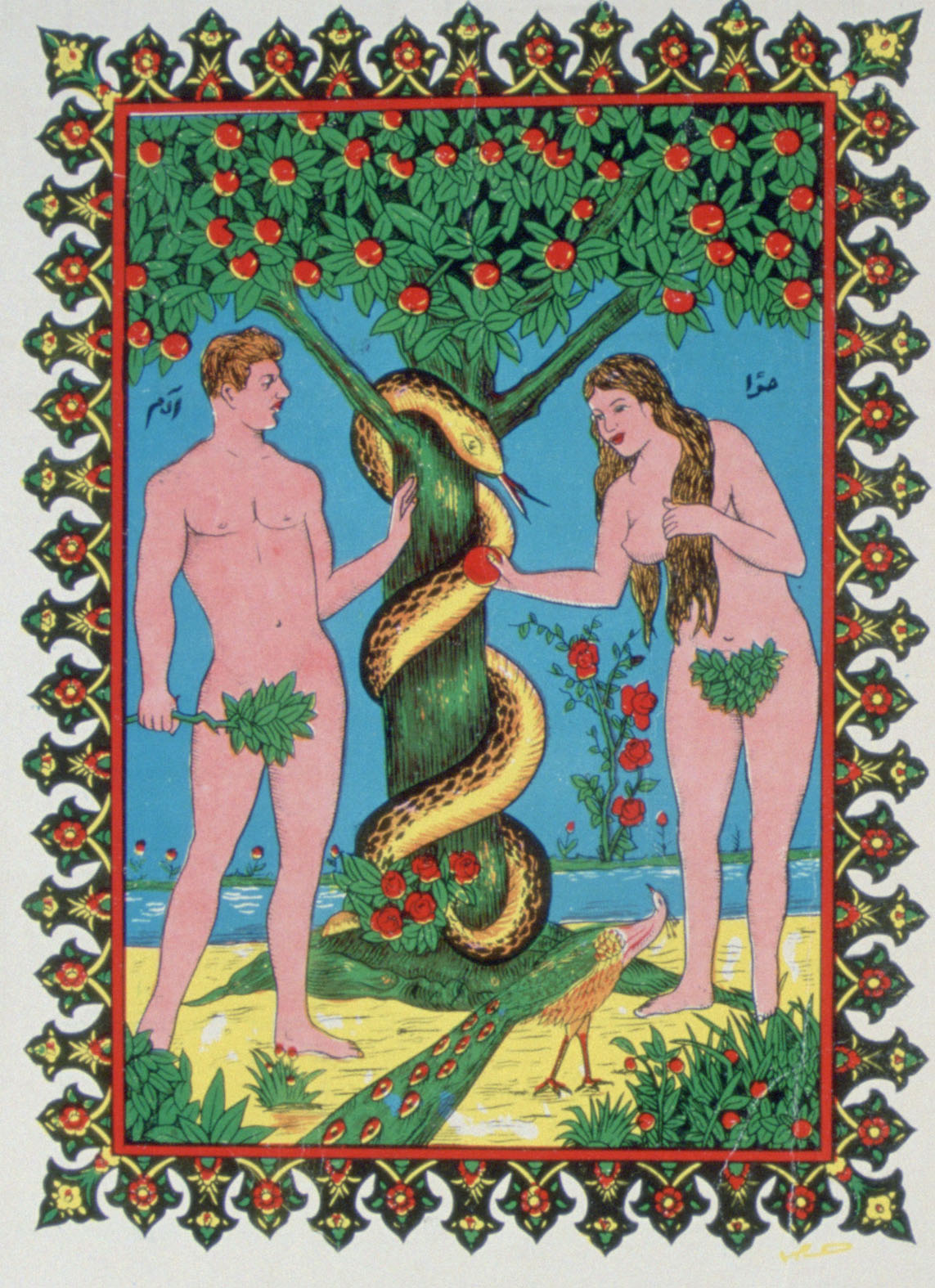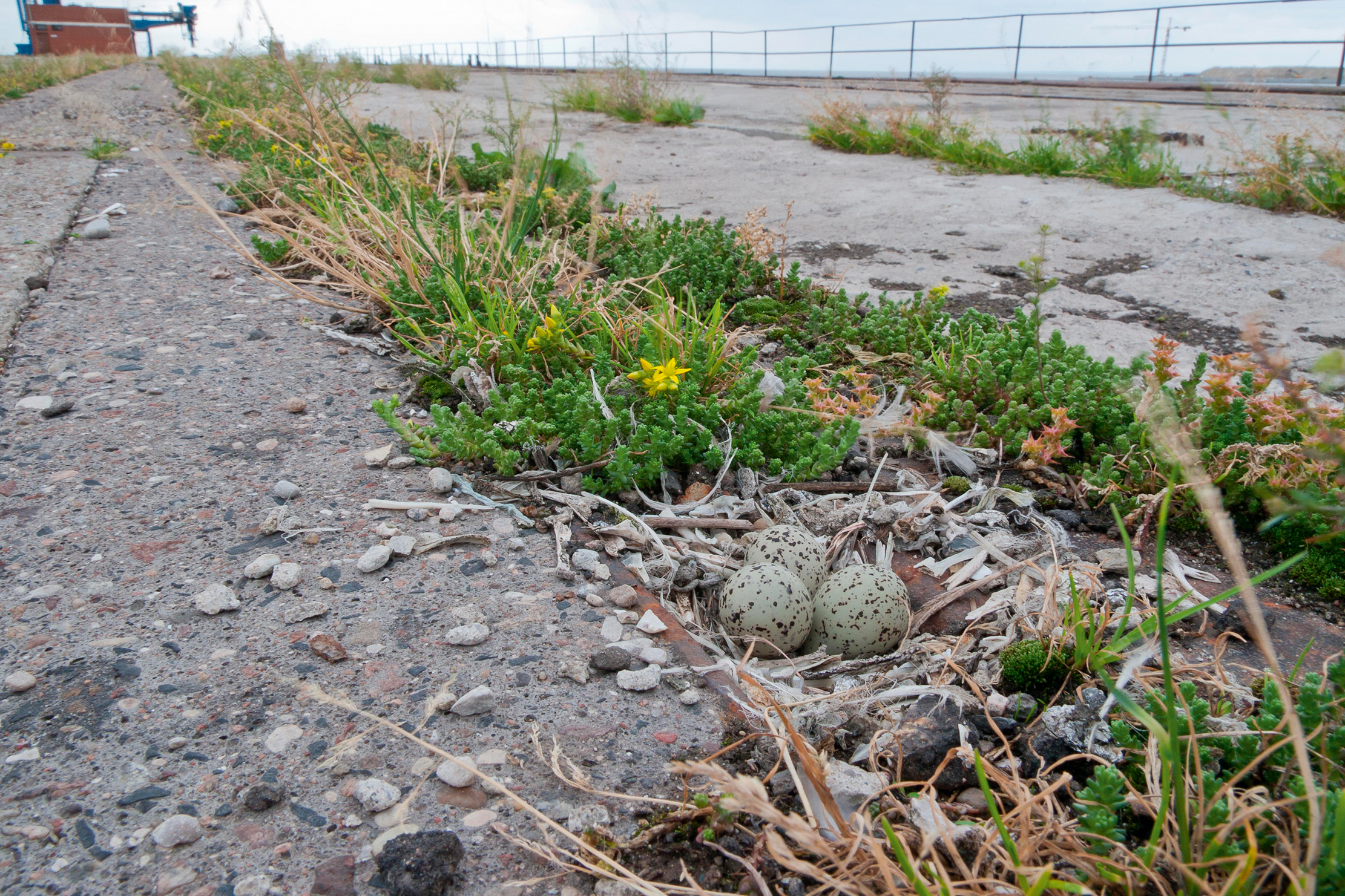Jonathan Self: Was Eve's apple really a pear? Because I'm pretty sure it was
Jonathan Self points out that the Good Book doesn't actually specify what fruit Eve plucked from the Tree of Knowledge. Among other things.


Many years ago, in the middle of an especially enjoyable picnic (no rain, no whingeing children, no wasps), a Spanish friend suddenly exclaimed ‘Esta es la pera!’, or ‘This is the pear!’, explaining afterwards that his countrymen, presumably because they hold the fruit in such high esteem, use the expression to convey pleasure in a particular situation.
This week, after I heard that a derelict farm known locally as Robertsons — because a family of that name owned it for several centuries, ending in about 1900 (more or less yesterday in these parts) — had been sold, I found myself wondering if one could say ‘Esta no es la pera!’ when unhappy with a particular situation.
"St Augustine devoted a large section of his work, Confessions, to analysing why, as a teenager, he once raided a pear orchard"
For the past 25 years, trees in the Robertsons’ abandoned orchard have supplied us with pears. I have tentatively identified the most productive of these as ‘Vicar of Winkfield’, which originated in France (where it is called Le Curé after the priest who discovered it growing wild) and was extremely popular with Victorian gardeners.
The fruit itself is very pretty: light yellow with pink and russet patches. More to the point, it tastes absolutely delicious, being sweet and buttery with soft, white, juicy flesh. Over the years, we have eaten them raw, baked, spiced, dried and, once, when I was experimenting with home brewing, fermented. I sympathise with Oliver Reed, who claimed to have become so weak from eating pears that he fell down and had to be taken away on a stretcher, although given his affection for grape and grain, there may have been another cause.
I fear that the new owners will grub up the old trees, but even if they don’t, I am no St Augustine, who, you may recall, devoted a large section of his work, Confessions, to analysing why, as a teenager, he once raided a pear orchard. As an aside, Genesis is non-committal on the exact nature of the forbidden fruit, but I believe that it was pear.
"The older, traditional — and, dare I say it, superior — varieties generally have to be at least 15 years old before the fruit is worth picking"
Pears were much prized in the Holy Land and it wasn’t the Church, but 13th-century artists who introduced the apple motif into paintings of Adam being tempted. I like an apple as much as the next man, but even the best examples lack the complex flavour, subtle texture and rich fragrance of a simple baking pear.
Pears are, of course, climacteric, and so continue to ripen after they have been picked. I wouldn’t go so far as Ralph Waldo Emerson, who claimed that: ‘There are only 10 minutes in the life of a pear when it is perfect to eat.’ Nevertheless, it is true that one has to exercise patience if one is to enjoy a pear at its best. For example, we gathered up what may be our last haul of the Robertsons’ pears in mid-October, but they probably won’t be ready to eat raw for another fortnight and we hope to still be enjoying them come Christmas.
Exquisite houses, the beauty of Nature, and how to get the most from your life, straight to your inbox.
They require patience in other respects. There is a great deal of truth in the saying: ‘Plant pears for your heirs.’ The older, traditional — and, dare I say it, superior — varieties generally have to be at least 15 years old before the fruit is worth picking and some don’t really come into their own until after they are 30. Such trees may grow to 40ft and live for hundreds of years.
Anyway, I regret not planting our own sooner and have started poring over catalogues trying to decide which to select. In the meantime, never mind the last of the summer wine, we face the last of the summer pears.

Credit: Romain Reglade
Hotel du Cap-Eden-Roc review: Is this the world's best, most famous and photographed hotel?
Whoever said 'it's not the destination but the journey that counts' never checked in to the Hotel du Cap-Eden-Roc, says

Mary Colwell: Britain's reputation for being a green and pleasant land is under threat as we bulldoze countless little Edens
Losing small patches of scrubby land to new houses might not seem significant, but these little Edens are vital for

Credit: Isla Sa Ferradura
A fresh perspective on Ibiza: An island of quiet charm, a thin split from the party capital of the world
Mark Hedges explores Isla Sa Ferradura, a Garden of Eden just a short distance from one of the world's most
After trying various jobs (farmer, hospital orderly, shop assistant, door-to-door salesman, art director, childminder and others beside) Jonathan Self became a writer. His work has appeared in a wide selection of publications including Country Life, Vanity Fair, You Magazine, The Guardian, The Daily Mail and The Daily Telegraph.
